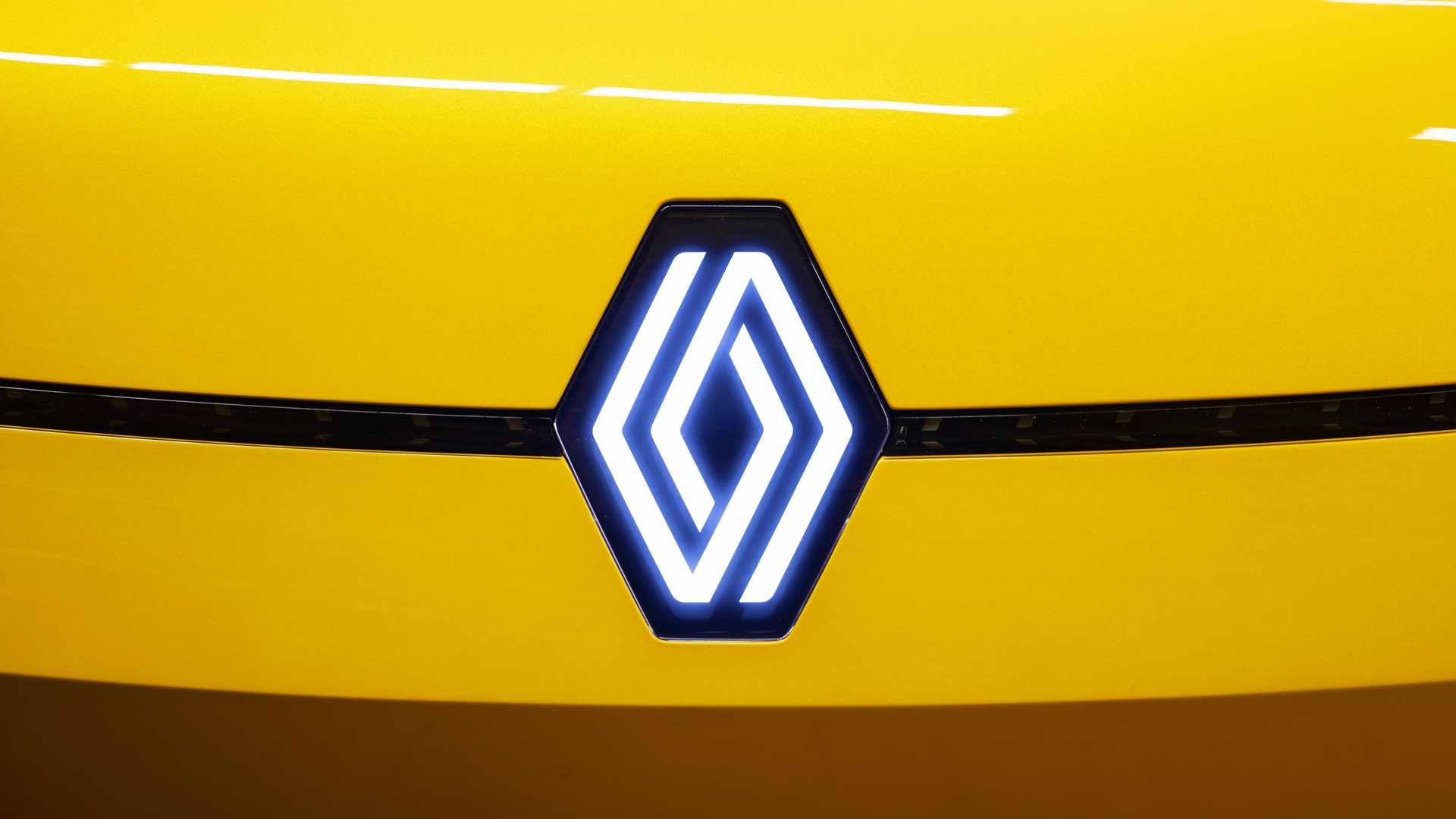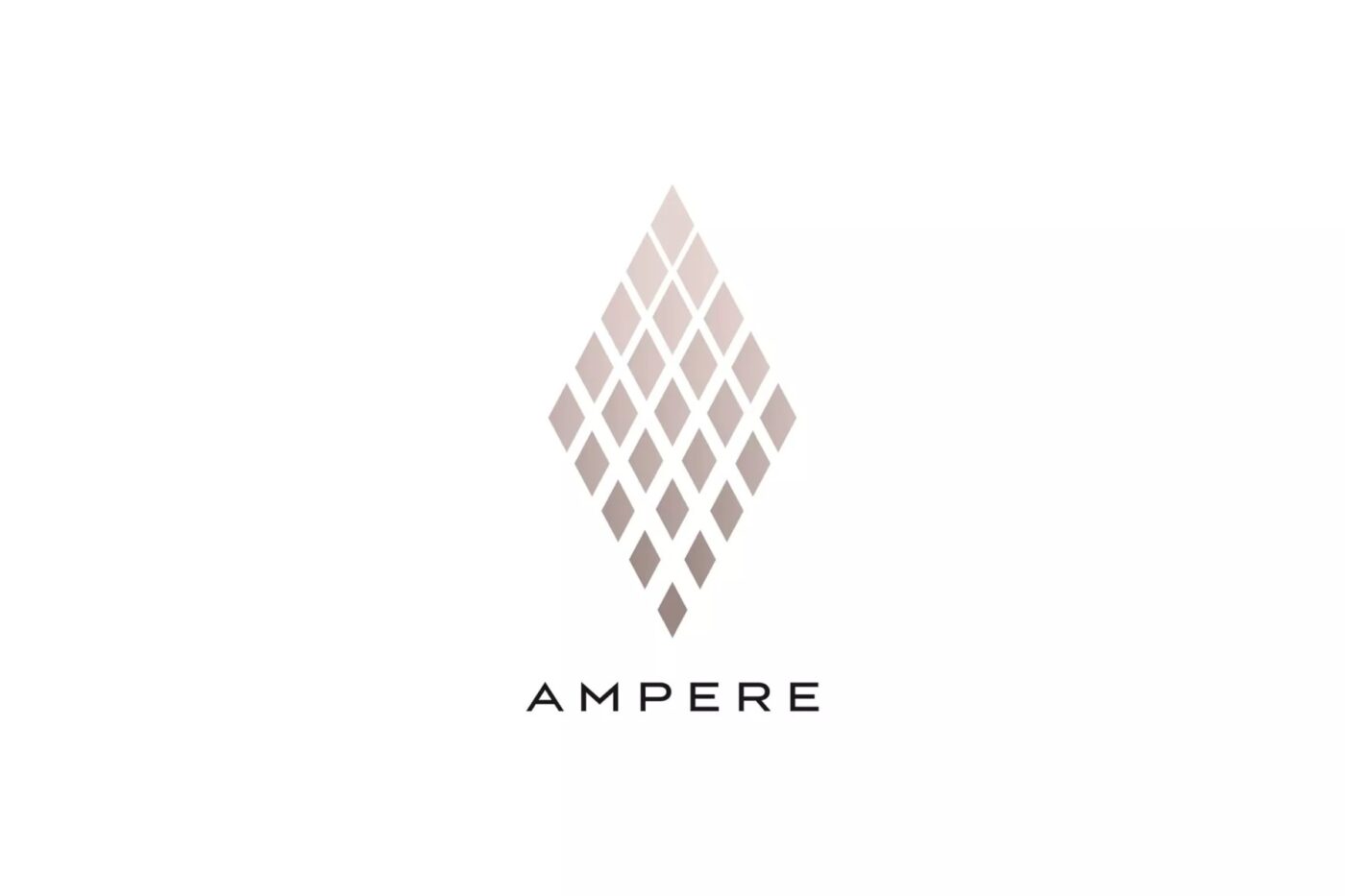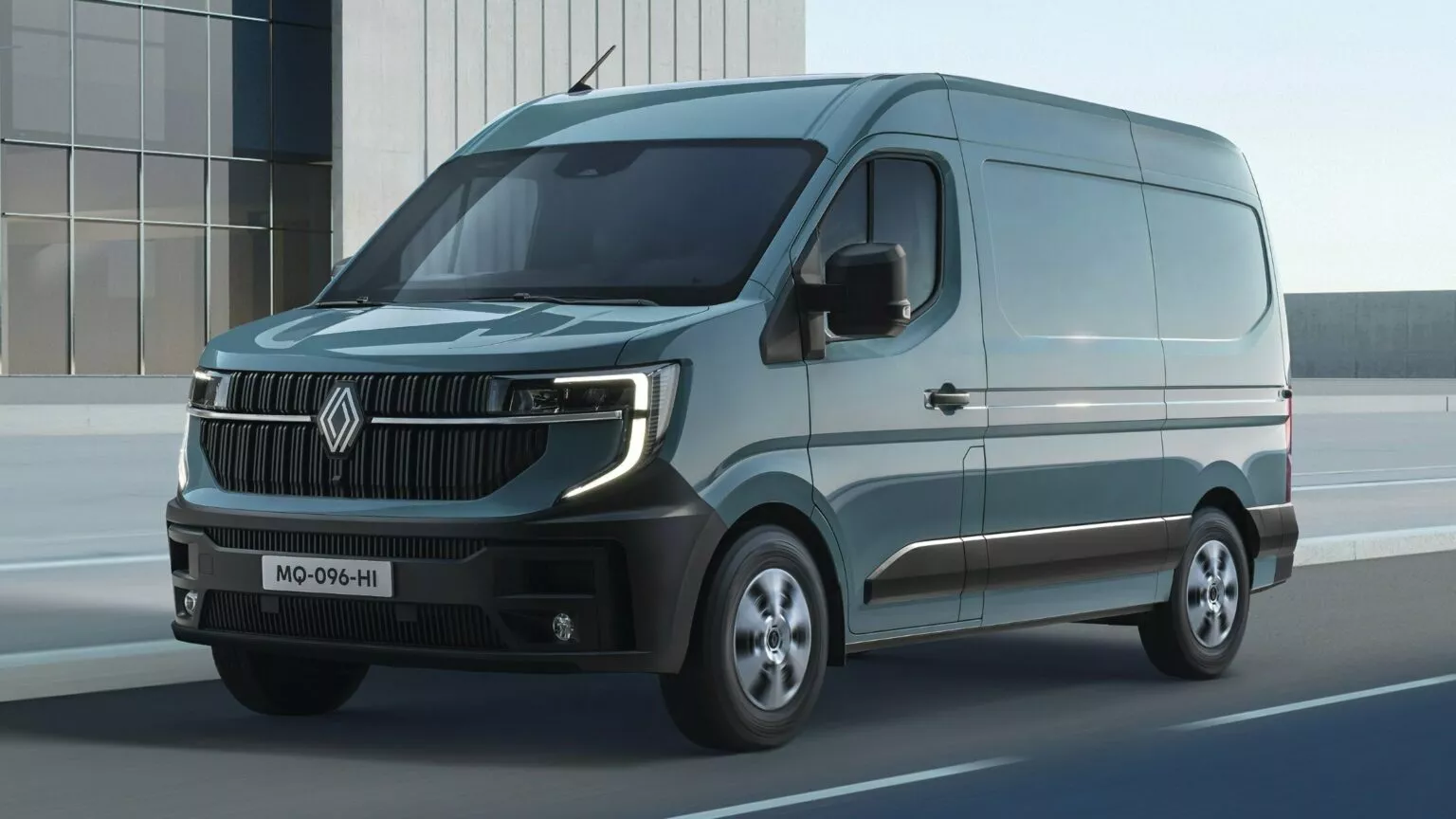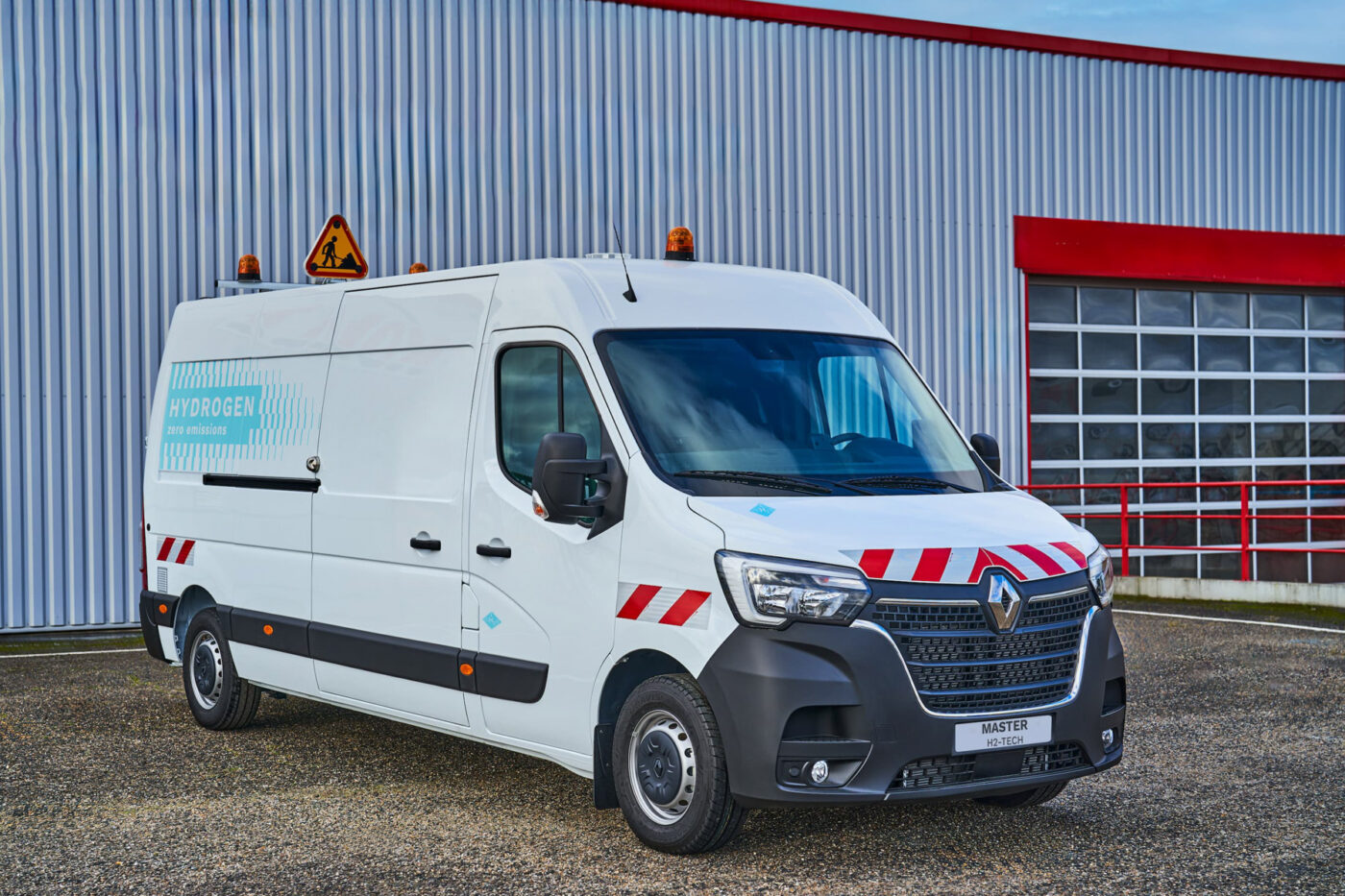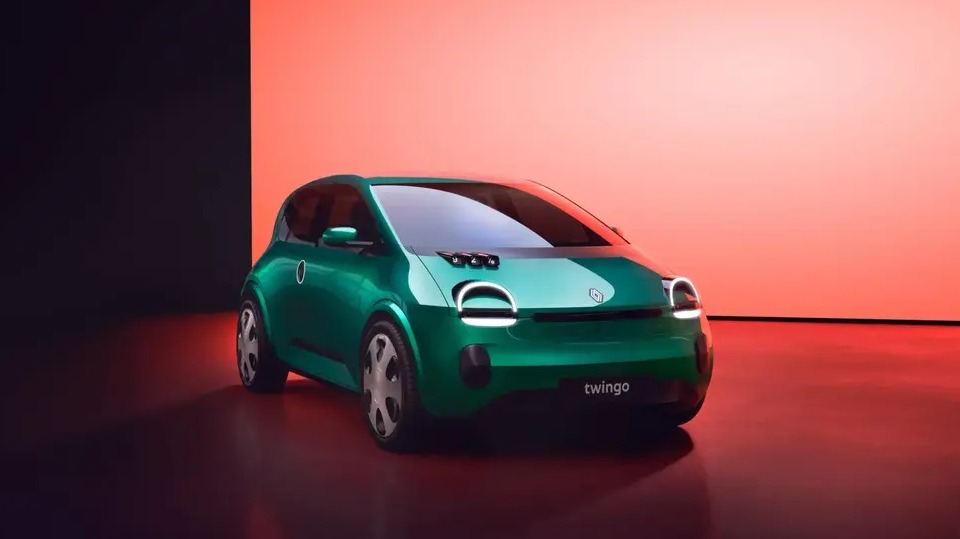French automaker Renault’s plans to list its electric vehicle (EV) business, Ampere, are encountering obstacles due to factors such as subdued EV demand, heightened competition from China, and market instability, as reported by four sources familiar with the matter.
Renault’s intention is to derive greater value from Ampere through an initial public offering (IPO). However, the company is reportedly unlikely to proceed with the IPO if the final valuation falls below 7 billion euros, according to two of the sources, while another suggests the cutoff point could be closer to 6 billion euros ($6.33 billion).
Market conditions are expected to make the IPO, originally slated for the second half of 2023 but now planned for next spring, a challenging endeavor, even at these valuation levels.
Several European firms, including DKV Mobility, German gearbox supplier Renk, and France’s Planisware, have recently abandoned their plans to go public, citing unfavorable market conditions. Additionally, automakers like Tesla have issued warnings about the deceleration of EV growth.
Some analysts had already expressed skepticism about Renault’s anticipated valuation of up to 10 billion euros and suggested that the carmaker explore alternative avenues for raising funds.
The IPO is a pivotal component of a comprehensive restructuring plan spearheaded by Renault’s CEO, Luca de Meo, which also includes the separation of Renault’s engine business through a partnership with China’s Geely and Saudi Arabia’s Aramco, as well as an overhaul of the Nissan alliance.
One European fund manager, speaking anonymously, highlighted the challenging IPO climate, suggesting that Renault may ultimately need to accept whatever valuation investors are willing to offer for Ampere to proceed.
Renault is set to present its IPO plans on November 15 and anticipates short-term market pressures. The company underscored that the EV market share in Europe has increased from 15% in 2022 to 20% in 2023. Independent studies have also projected annual sectoral revenue growth of 20% or more by 2030.
Renault’s Ampere is recognized as the sole pure-play EV entity in Europe, and the company stated that it should be valued in line with its peers due to its low-risk exponential growth.
Concerns have been raised by European automakers and policymakers regarding the influx of lower-priced electric vehicles from China, prompting the European Commission to contemplate imposing tariffs on imports.
In September, de Meo mentioned that the IPO could value Ampere between 8 and 10 billion euros, exceeding Renault’s own market capitalization of 9.55 billion euros.
Analysts from UBS estimated Ampere’s value at 3-4 billion euros, highlighting Renault’s susceptibility to Chinese competitors in Europe. Barclays analysts provided a 5 billion euro valuation for Ampere, while Bernstein analysts recently recommended scrapping the IPO and exploring the sale of Renault’s 28% stake in Nissan to raise capital.
Renault responded to these valuations, stating that they were the lowest published figures and that analysts may not possess all the key metrics required for a comprehensive valuation.
Despite the challenging market climate, one source and a third source indicated that Renault remains committed for the time being to proceed with the IPO, which would encompass approximately 20% of Ampere’s share capital. In addition, Renault allies Nissan and Mitsubishi have pledged to invest up to 800 million euros in Ampere, securing around 10% of its shares.
The IPO and the stake sales to Nissan and Mitsubishi are expected to leave Renault with ownership ranging between 60% and 70% of Ampere, with a note of caution that these percentages may change.
The broader EV industry has witnessed a significant decline in market value in recent months, exemplified by the sharp drop in Polestar’s valuation from approximately $20 billion last year to $4 billion. Meanwhile, shares of Tesla, led by Elon Musk, have experienced a nearly 25% decline in value in less than two months.
The Ampere IPO is anticipated to consist of a combination of Renault’s existing shares and new shares and could potentially occur as early as April 2024, contingent on market conditions.

